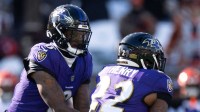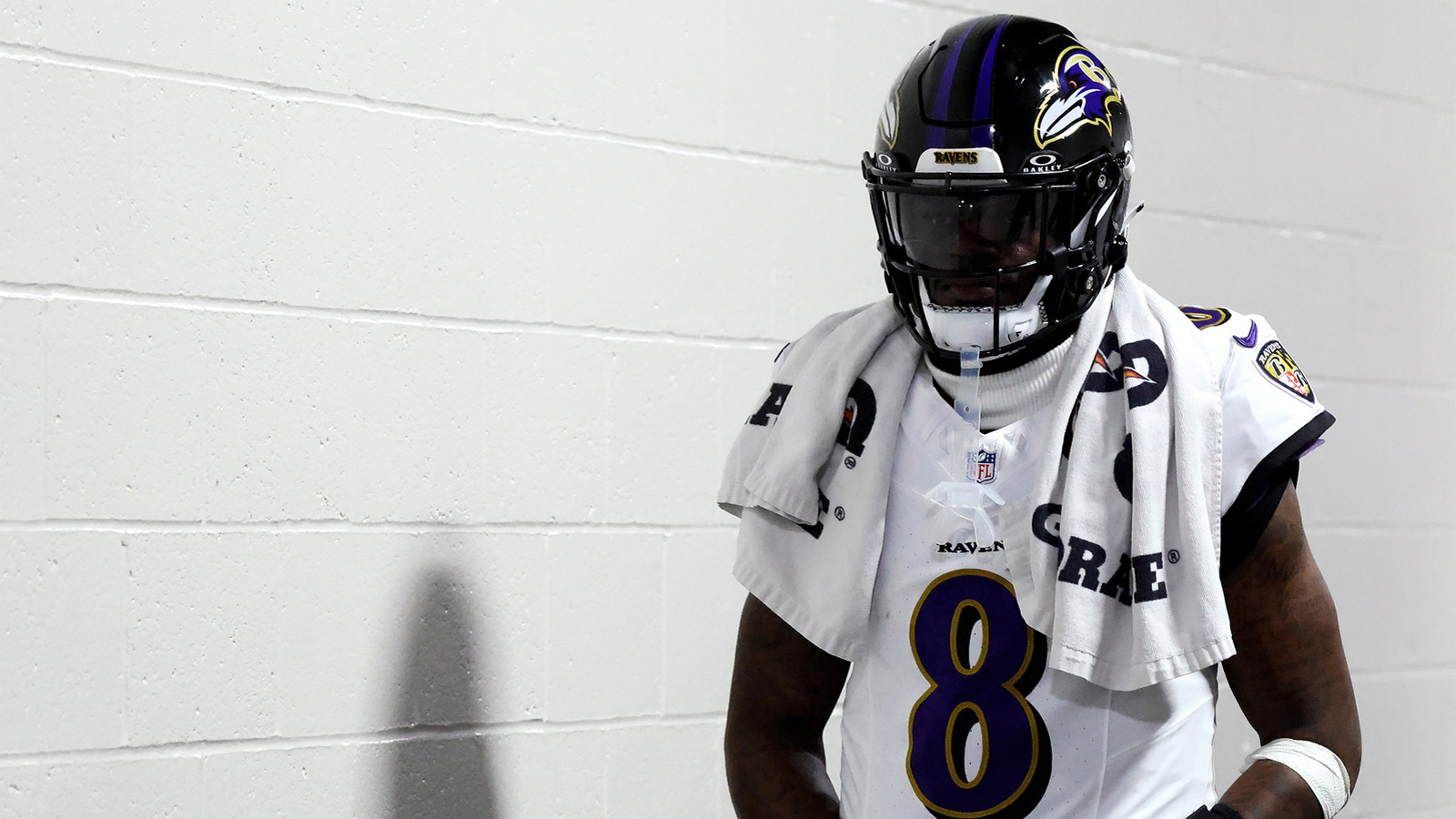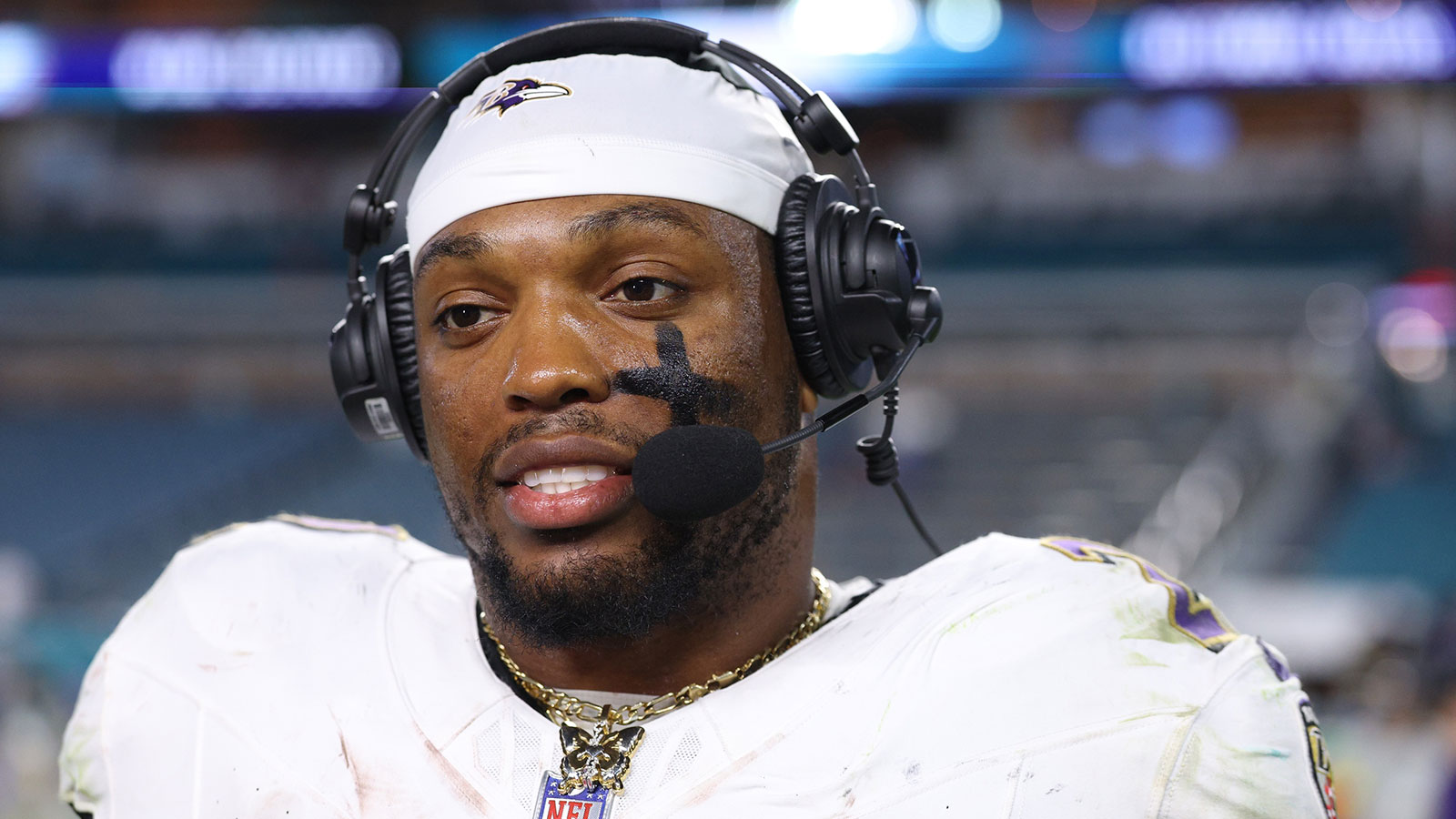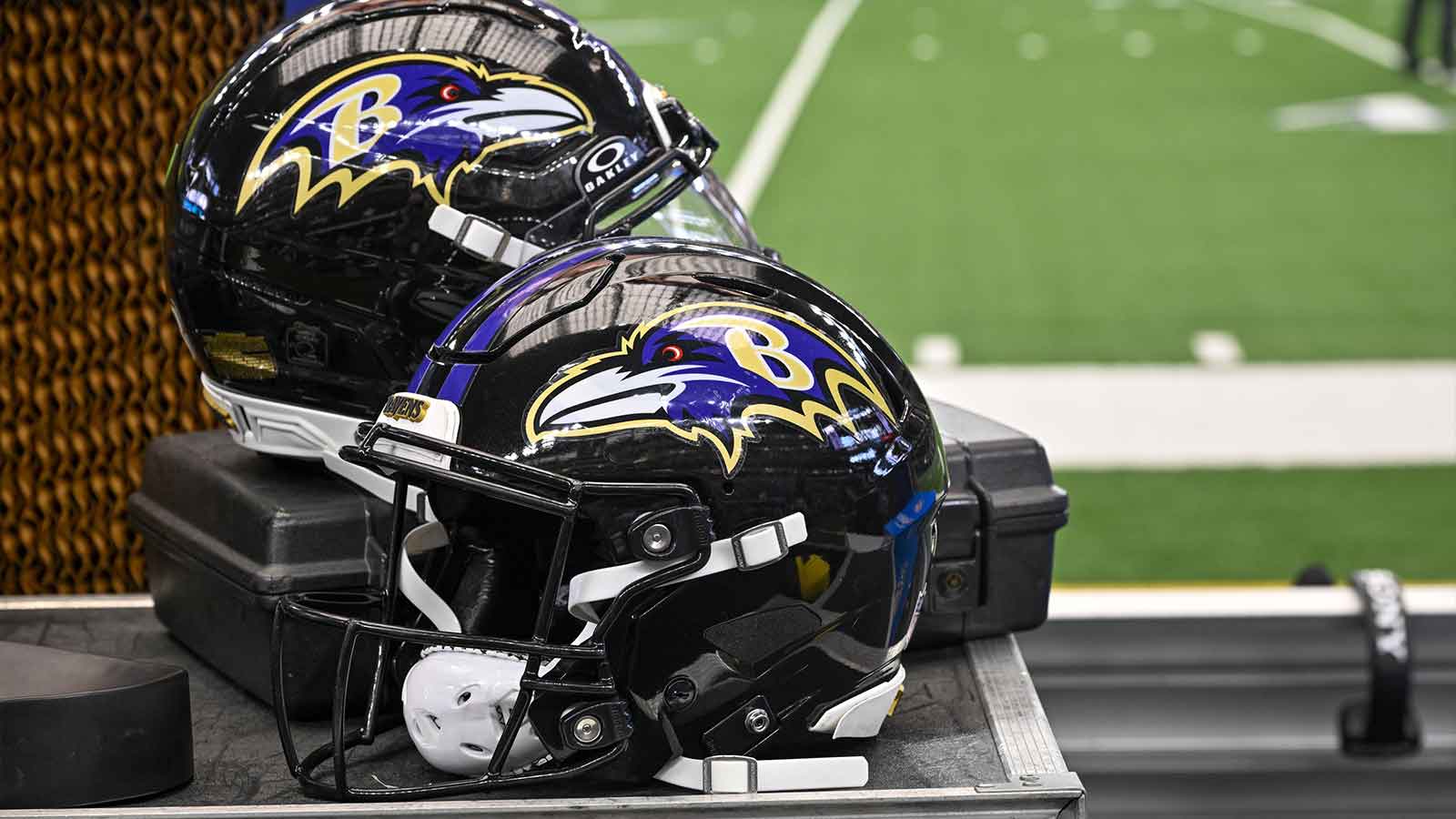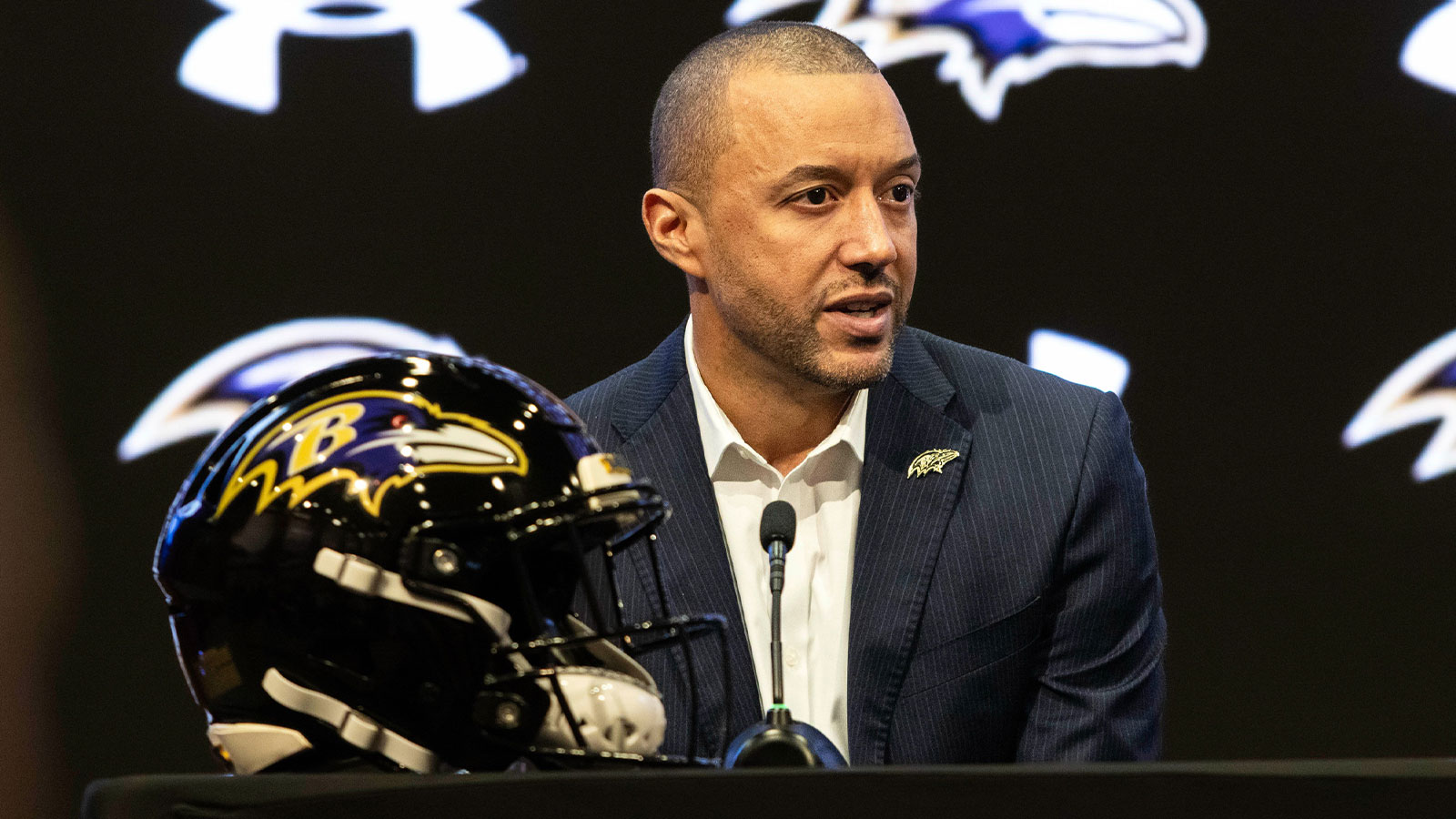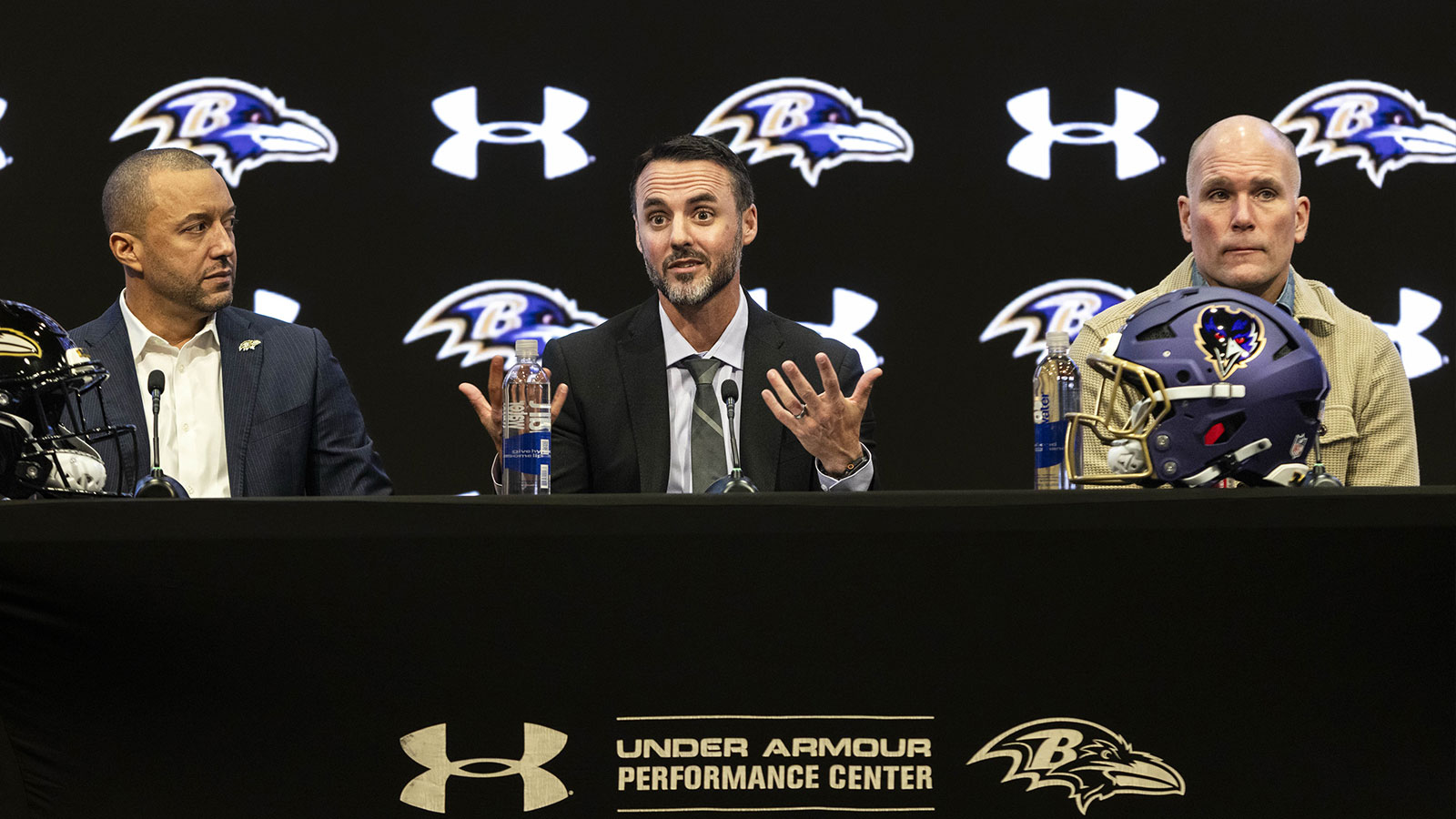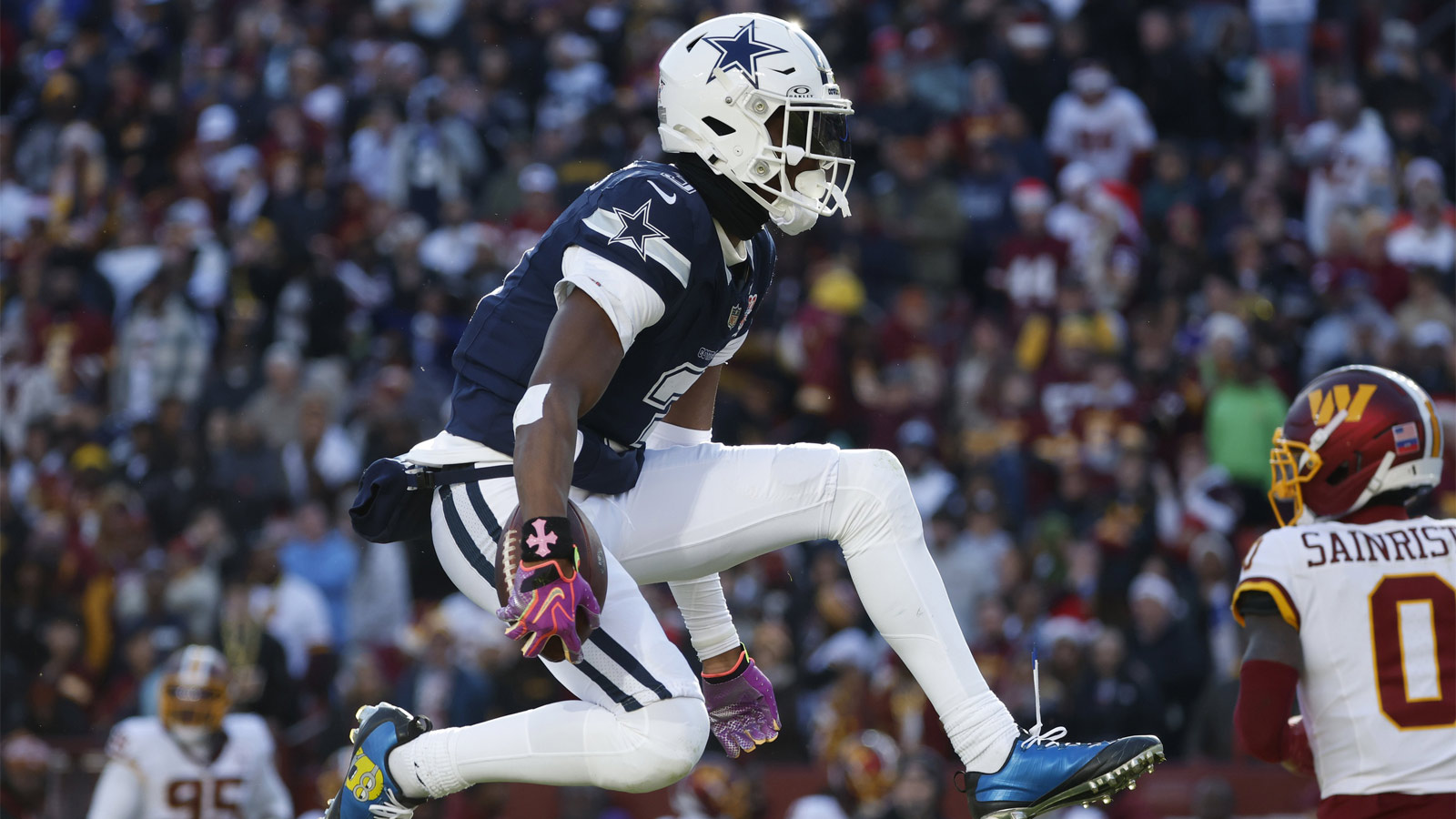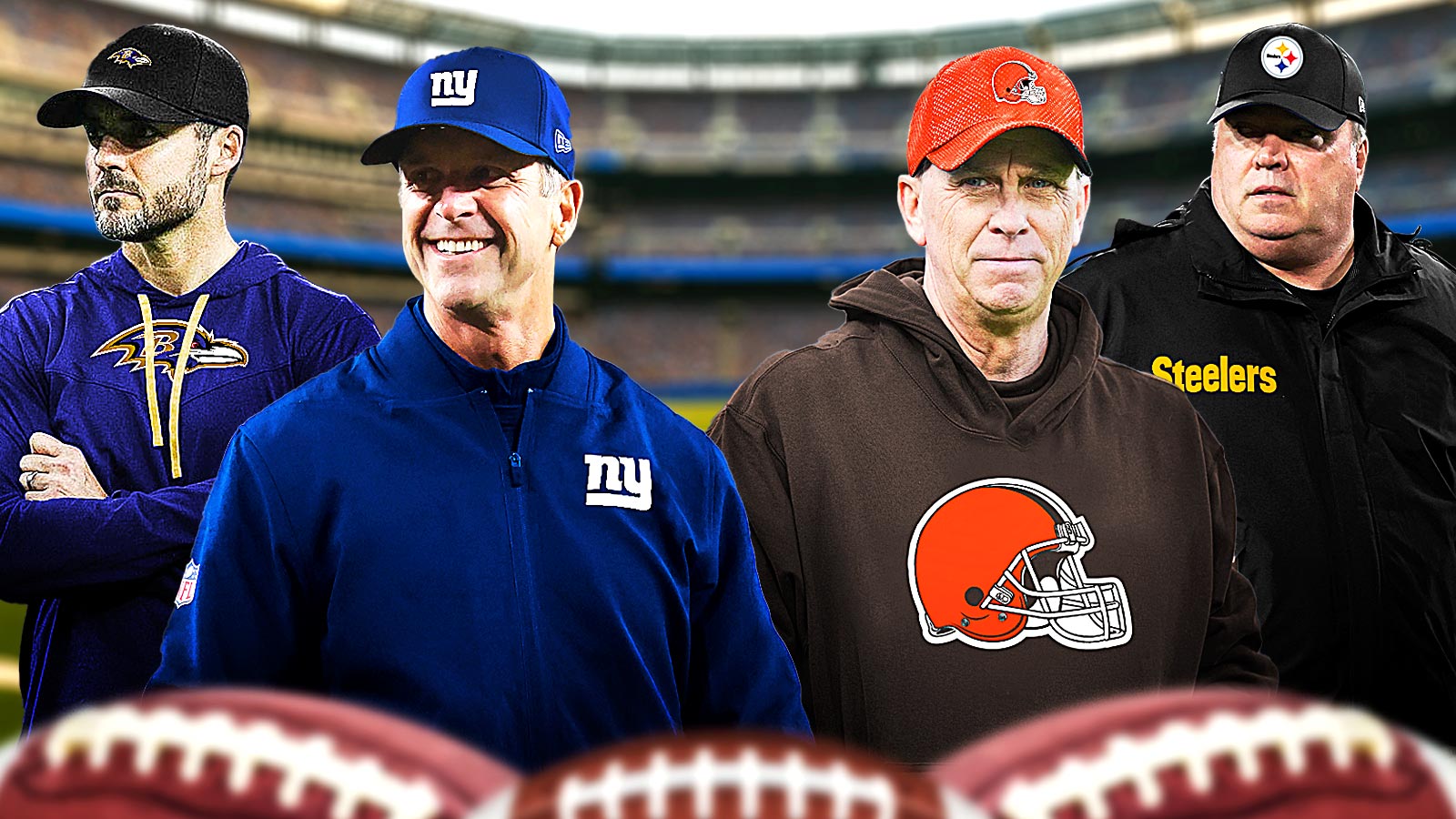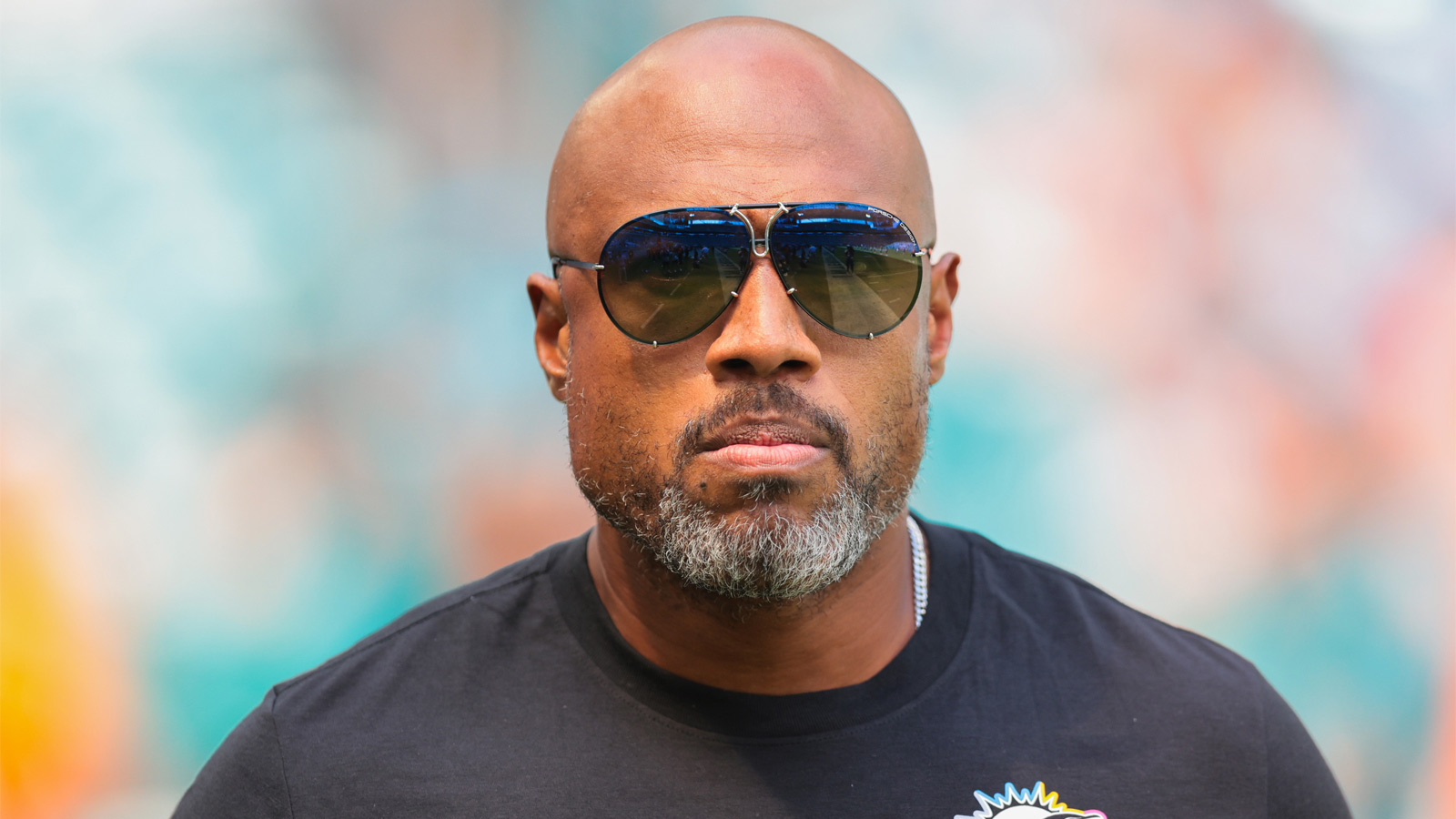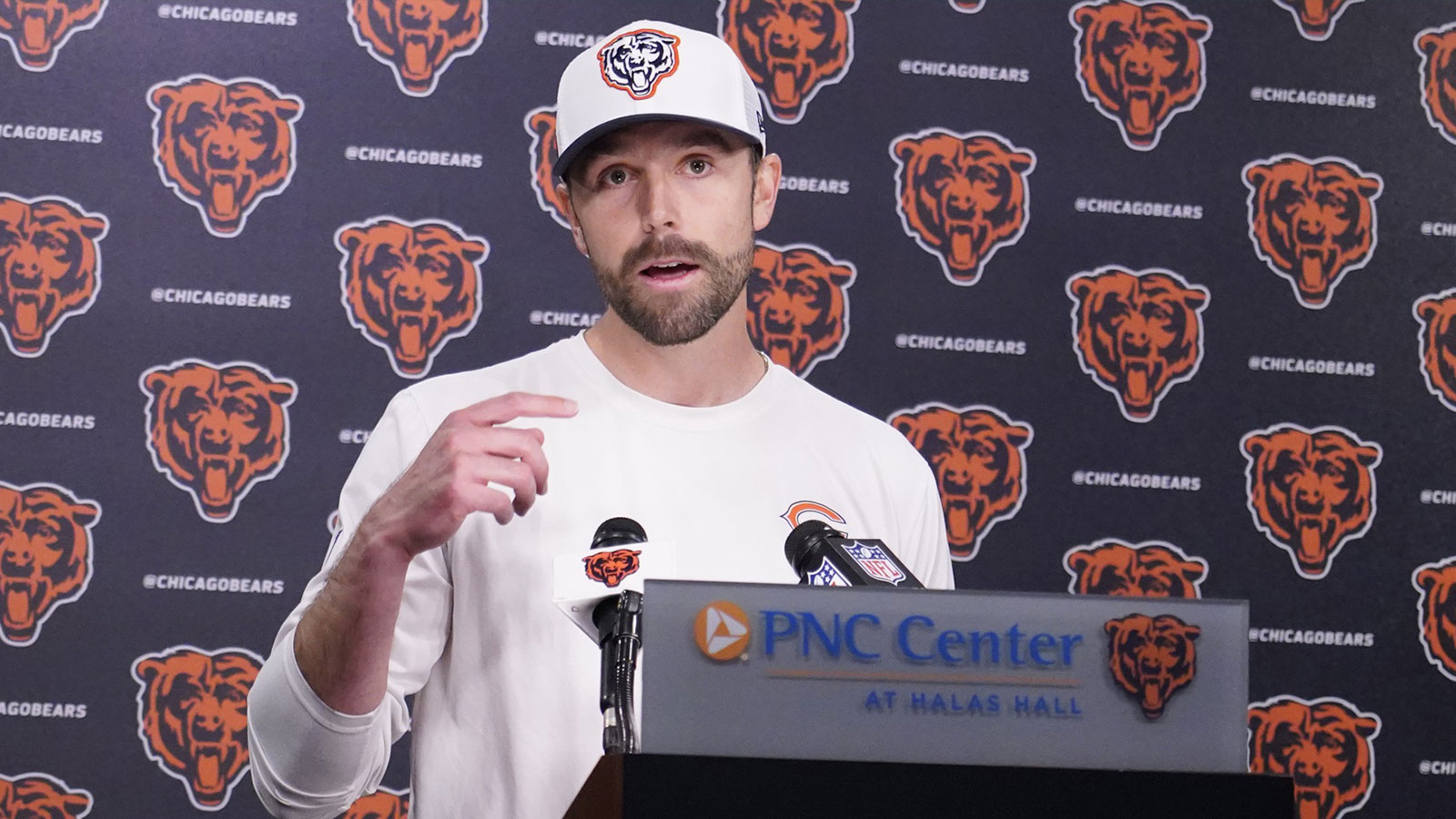Ever since Lamar Jackson assumed the starting job in 2018, the Baltimore Ravens have been unlike the rest of the NFL, leaning on the NFL’s most intricately punishing ground game. For the most part it worked—Jackson was the unanimous MVP in 2019 and is 45-16 as a starter. But it was unsustainable, wholly reliant on Jackson to bear a historic load and stay healthy while doing so. As such, the Ravens spent the offseason conventionalizing their attack—Odell Beckham Jr. arrived to give Jackson a legitimate weapon on the outside; former University of Georgia offensive coordinator Todd Monken was hired to modernize the scheme. The Ravens will still look like the Ravens, they’ll just be a sleeker, more explosive version. Central to the Ravens' vision is Keaton Mitchell, an undrafted free agent running back from East Carolina who could be a sleeper to make a major impact this year.
In terms of raw college production, it’s unconscionable that Mitchell was not drafted. Last year, Mitchell rushed for 1,452 yards and 14 touchdowns on a ridiculous 7.2 yards per carry. For good measure, he was even a threat in the passing game, hauling in 27 catches for 252 yards and a touchdown. In total, Mitchell’s 1,704 scrimmage yards were the tenth most in the entire country and his 7.5 yards per touch was the third-best mark nation-wide. This draft had no shortage of talented running backs and nearly all of them paled in comparison to Mitchell in college.
Still, there’s a very real reason that Mitchell went undrafted: he’s tiny. At 5’8, 180 pounds, he’s one of the smallest players in the league. Amongst running backs, Mitchell ranks in the 11th percentile for height and the 1st percentile in weight, according to MockDraftable. Given his general littleness, Mitchell will never be able to reprise his college production or workload in the NFL; if he receives 228 total touches in his rookie season like he did last year, it very well could qualify as an OSHA workplace safety violation.
But the thing is: who cares? Mitchell will never be Derrick Henry or Jonathan Taylor, but the Ravens don’t need him to be. Instead, his value to the Ravens is that he introduces a new, necessary accent to their backfield. JK Dobbins is explosive when he plays, which is almost never considering that he’s started just nine games in three seasons; Gus Edwards is slightly more durable, but is a plodding, workmanlike runner.
In this sense, Mitchell is a sleeper for the Ravens because he's the team’s resident track star, a spark plug rotational back who can transform any possession with his speed; his 4.37 second 40 yard dash time was the third fastest amongst all running backs at the 2023 NFL Draft Combine.
Simply by virtue of having a defined role and being a running back in Baltimore, Keaton Mitchell has a clear path to earning touches despite being an undrafted free agent in his rookie year. Outside of Jackson, the Ravens have traditionally relied on a running back by committee approach; four running backs received more than 60 touches last season in Baltimore.
To wit, new coordinator Monken has a similarly democratic approach in the run game; just like the Ravens, Monken’s offense at Georgia last year also prominently featured four different backs, in addition to a running quarterback who was a significant threat with the ball in his hands as well.
What’s more, the Ravens have a vested financial interest in developing and nurturing Mitchell; after signing Jackson to a new mega-contract over the offseason, the Ravens need to find low-cost talent who can fill in the gaps around their star quarterback. Accordingly, Mitchell should be particularly attractive because he’s under team control for the foreseeable future on a minimum contract. Whereas Dobbins or Edwards would be in line for a raise next offseason if they have a breakout year, Mitchell is on non-guaranteed, four-year, $2.6 million contract. If Mitchell transforms from a sleeper to a solid contributor, the Ravens have themselves a tremendous bargain; if Mitchell proves to be too small to handle the rigors of the NFL, they can cut him without incurring any risk or penalties.
As such, the marriage between Keaton Mitchell and the Ravens seems to be a seamless one. Rarely are a player and team so well suited for each other. The Ravens need speed; Mitchell is quicker than gossip. The Ravens are starved for cheap talent; Mitchell is incredibly talented and incredibly cheap. Similarly, Mitchell has the tools to thrive in a certain role as long as his health and workload are managed; the Ravens are more than able to accommodate him.






